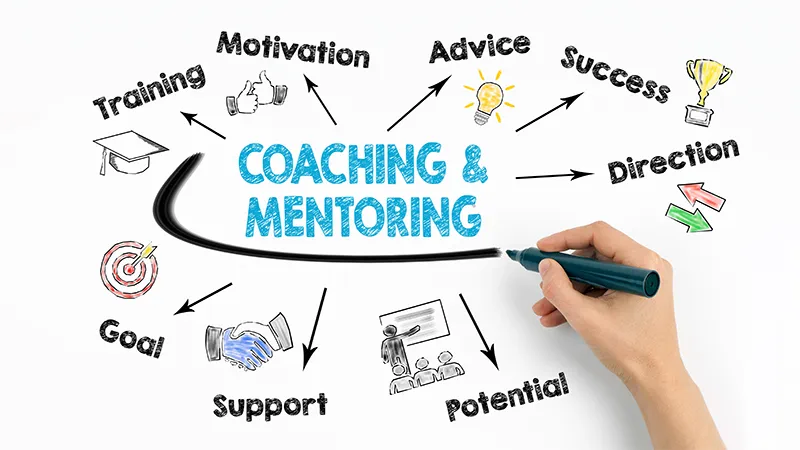目次
ToggleWhy is a Health Coordinator Necessary?

Hello. I’ve been running a personal training gym for artists in Omotesando, Tokyo, for over 20 years. Throughout this time, I’ve provided behind-the-scenes health support for artists during live tours and TV shoots — including exercise guidance, nutritional advice, manual therapy, and mental coaching.
The reason I began coaching artists — something that may now seem obvious — is because I believed that artists, like athletes, require both physical and mental conditioning. Back then, especially in the rock scene, drinking and smoking were the norm, and exercise or nutritional balance were rarely considered.
Even from the fans’ perspective, this wasn’t ideal. I began to think that we should create an environment where professionalism could be cultivated through health awareness.
As the industry shifted away from CD sales toward a business model centered around live tours, I began accompanying artists as a trainer. That’s when I had a crucial realization:
“No one is overseeing the whole picture.”
It became more common to see massage therapists at live venues, sometimes joined by exercise trainers or even physicians. However, each specialist approached the situation from their own perspective, leading to inconsistencies in judgment and care.
Surprisingly, collaboration between experts was rare. More often, each tried to pull the artist into their own field, preventing the team from functioning effectively.
What artists truly need is:
“A body and mind that are resilient and resistant to fatigue.”

But in reality, practices often diverge from that goal — “just do more massage,” “just lift more weights,” or “get a garlic injection to power through lack of sleep.” These misguided approaches occur frequently.
Even with multiple specialists present, no one takes on the role of connecting the dots — of aligning all efforts toward the actual objective. As a result, artists suffer from poor health, wasted care, reduced sleep due to inefficient time management — a blind spot I’ve seen all too often.
That’s why I propose not just “providing care,” but introducing a Health Coordinator — someone who oversees the entire field, connects information, and keeps the team aligned with the intended health goals.
This position not only protects the core of the artist’s performance, but also reduces the worries of production and management. In the long term, it is a vital system that supports a sustainable career.
The Struggles of Idol Groups

Among artists, the health issues faced by idol groups are often dismissed as a matter of “self-management.” However, in reality, environmental factors beyond their control weigh heavily on them — long working days, intensive dance rehearsals, the pressure to memorize routines, the inability to rest, and constant mental stress.
What’s worse is that issues like subtle physical discomfort, throat irritation, sleep deprivation, digestive problems, and psychological stress are hard to voice and often go unnoticed until they escalate. From a medical perspective, this involves the HPA axis — the body’s system for managing stress. In the early stages of stress, idols may still appear cheerful and in control, but over time, they become more susceptible to depression.
While the timeline differs for each individual, staying in this state for several months to a year or two is extremely dangerous and requires immediate intervention.
So who will recognize these signs? Who will take action?
This is precisely why a health coordinator, serving as a conductor of well-being with a broad, holistic perspective, is essential to guide and protect health at the performance site.
How to Maintain Health
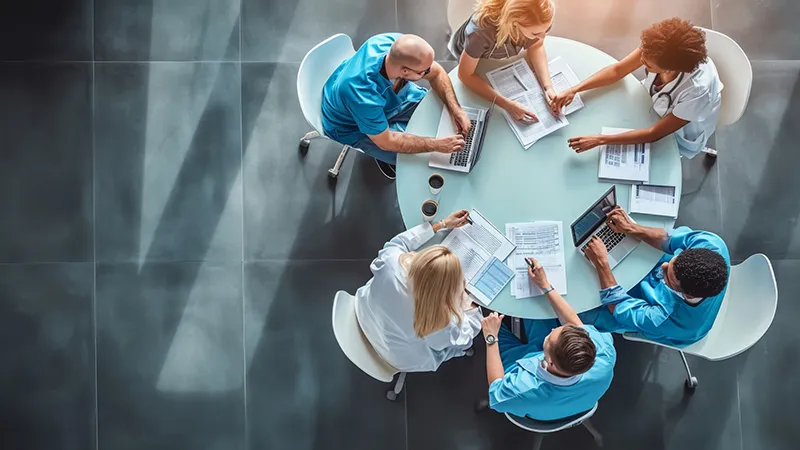
The key lies in forming and managing a “health team.” Even if each specialist — massage therapists, trainers, doctors — has outstanding expertise, if they work independently, not only does it become difficult to achieve the intended results, but as previously mentioned, they tend to operate within the boundaries of their own field.
This tendency is natural. When someone wants to contribute on-site, it’s instinctive to prioritize their own role. This is not unique to the entertainment industry — in any kind of cross-disciplinary collaboration, it will not function efficiently unless there’s someone or something to oversee and coordinate the whole system.
That is why a health coordinator is essential —
someone who understands the big picture, makes necessary adjustments, sets priorities, and ensures the team functions as one cohesive unit.
What Exactly Does a Health Coordinator Do?
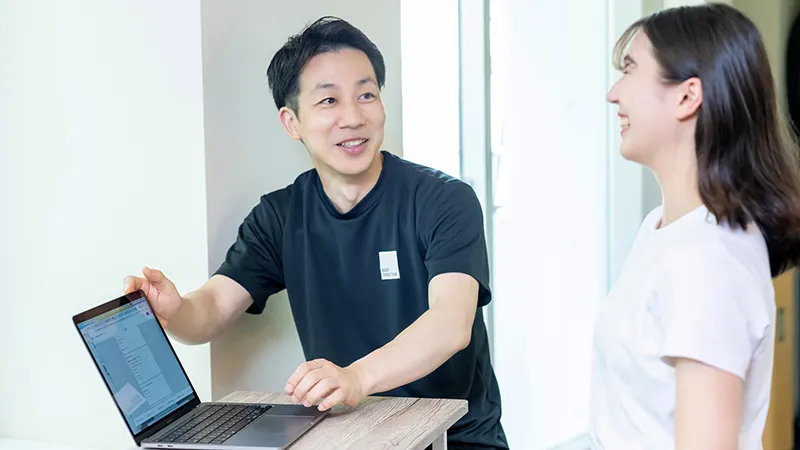
A health coordinator is not simply someone who “fixes” people. Their role is to take a broad view of both the artist’s schedule and physical condition, accurately identify what actions are necessary, and implement them effectively.
Here are some of the concrete tasks they perform:
- ・Optimizing care based on live or filming schedules and physical condition
- ・Designing appropriate training menus and frequency
- ・Overseeing nutrition — for example, supervising catering menus
- ・Conducting regular one-on-one check-ins with artists
Note: Due to confidentiality, not all content can be shared with management - ・Planning meals for overseas tours
- ・Aligning intentions and decisions among multiple specialists
In short, the health coordinator plays a strategic, central role in managing and maintaining overall well-being.
Toward a Health-Oriented Industry Structure
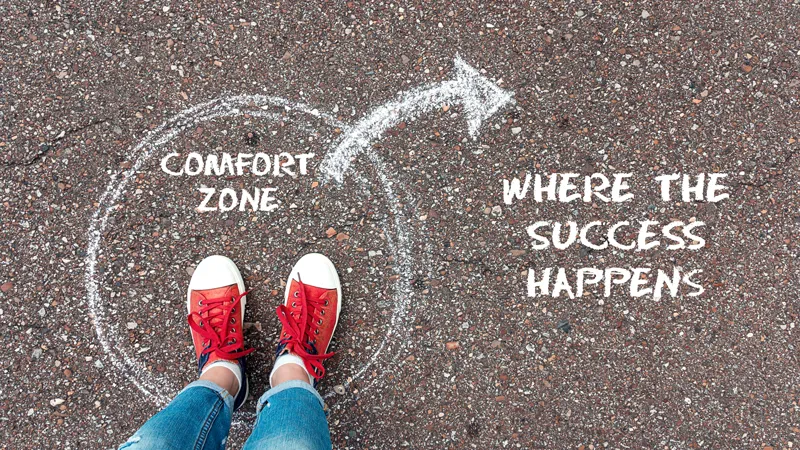
Behind the glamour of the entertainment industry lie serious issues that affect artists’ mental and physical health — such as harsh working conditions, restrictive contracts, and pressure to undergo extreme dieting. To address these problems, we must shift toward a health-focused structural reform. This change not only enhances artists’ creativity and performance, but also contributes to the long-term sustainability of the entire industry.
Psychological research shows that people perform better and produce more creative, lasting results when driven by intrinsic motivation rather than external pressure or fear. According to Self-Determination Theory, intrinsic motivation increases when three fundamental psychological needs are fulfilled: autonomy, competence, and relatedness.
Studies also show that intrinsic rewards (e.g., a sense of achievement or personal growth) enhance motivation and performance, whereas extrinsic rewards (e.g., large bonuses) may be effective for simple tasks, but can actually impair performance in creative or complex work.
Considering these insights, it’s only natural for the idol industry to shift toward a structure that supports intrinsic motivation, health, and creativity. There’s no longer a need to rely on psychologically taxing or demotivating external stimuli.
Key strategies for reform:
- ・Respecting autonomy: Creating an environment where artists can choose their training and career paths based on their own will
- ・Supporting competence: Providing continuous training and professional feedback to foster a sense of achievement
- ・Fostering relatedness: Building trusting relationships between artists and staff to ensure emotional safety and collaboration
- ・Enhancing health support: Ensuring rest time, offering nutrition education, and providing mental coaching systems
Through these reforms, we can establish an environment in which artists can thrive sustainably — and that in turn ensures longevity not just for the artists, but also for fans, labels, and production companies alike.
PROFILE
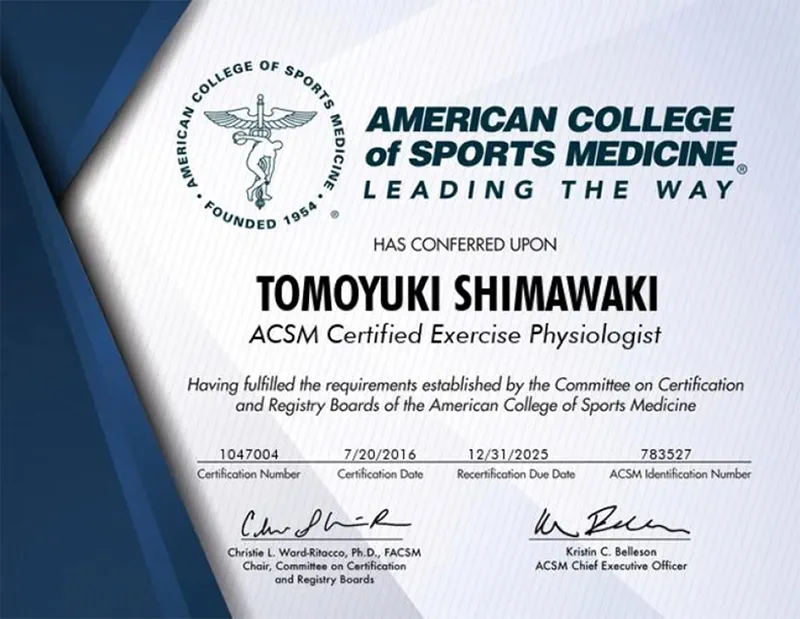
Tomoyuki Shimawaki
Founder of BODY DIRECTOR
Certified Exercise Physiologist (American College of Sports Medicine)
Health Coach
Experience in Japan
Since 2007, I have accompanied artists on live tours, providing comprehensive training and nutrition management.
- ・Annual training program design for artists
- ・Supervision of catering menu plans
- ・On-tour manual therapy and conditioning
- ・Coaching artists during tours and performance periods
Supported over 600 performances including stadium tours, dome tours, arena tours, hall tours, and various music festivals.
Career
- ・Born in 1977 / CEO of Fitness & Community Co., Ltd.
- ・Established as a personal trainer in 2002
- ・In recent years, expanded services to include performance and mental coaching
- ・Clients include artists in the entertainment industry and corporate executives
In 2005, I founded Japan’s first private room-style personal gym, based on the belief that “High-quality coaching happens in private, focused spaces.”
Beyond resistance training alone, my sessions integrate:
- ・Biochemistry-based nutritional guidance
- ・Manual therapy for autonomic nervous system balance
Corporate Clients Include
- ・Pony Canyon Inc. (IRORI Records)
- ・Yamaha Music Entertainment Holdings, Inc.
- ・TOY’S FACTORY Inc.
- ・Transit General Office Inc.
- ・Lastrum Music Entertainment Inc.
※ Personal clients are kept confidential.
Gym Location
Tokyo, Omotesando/BODY DIRECTOR
https://bodydirector.com/
